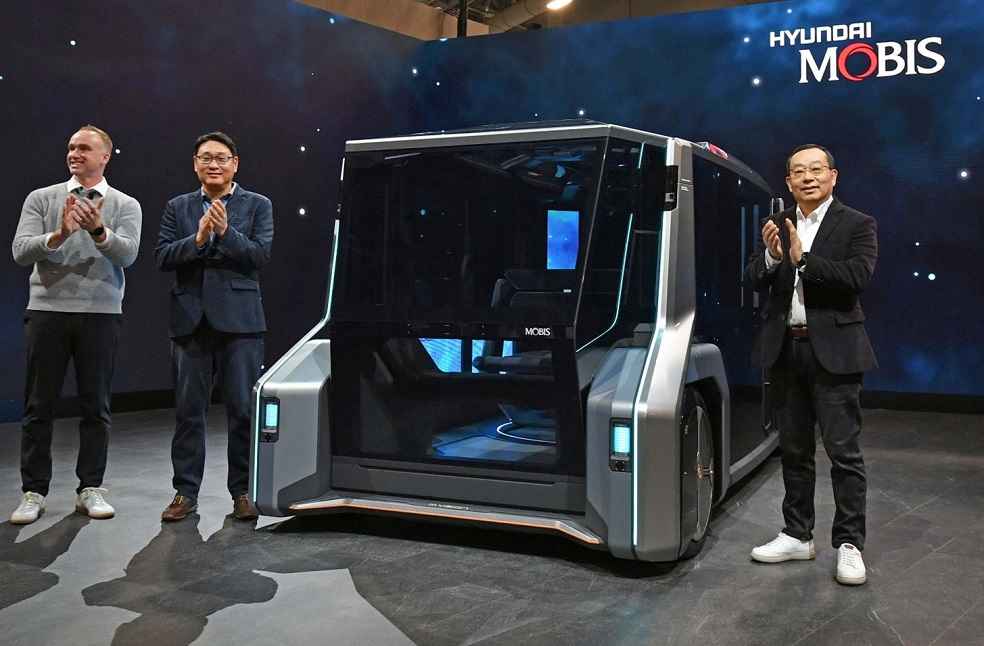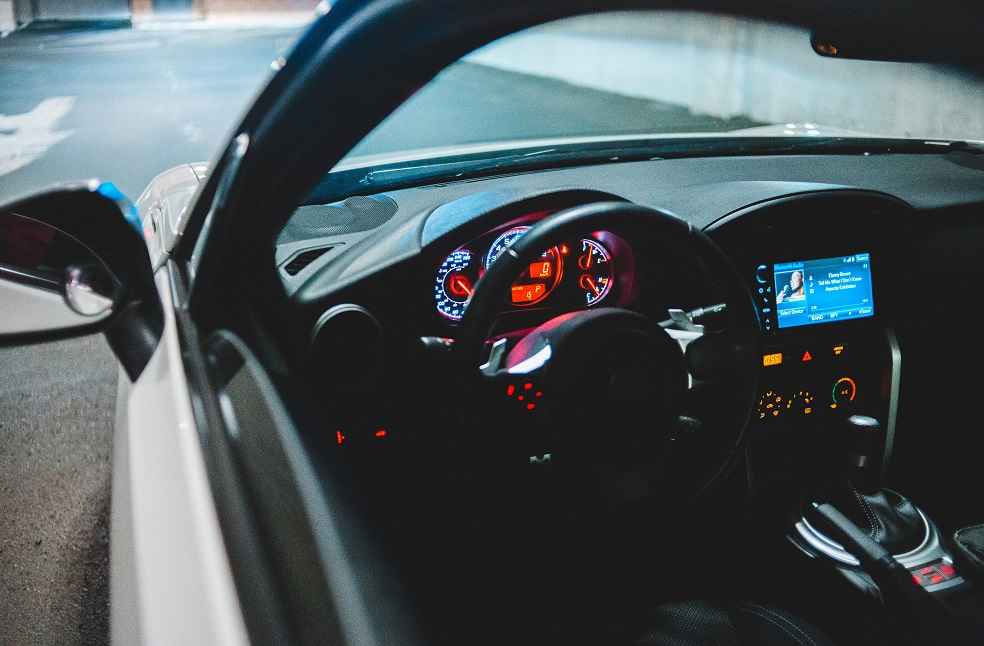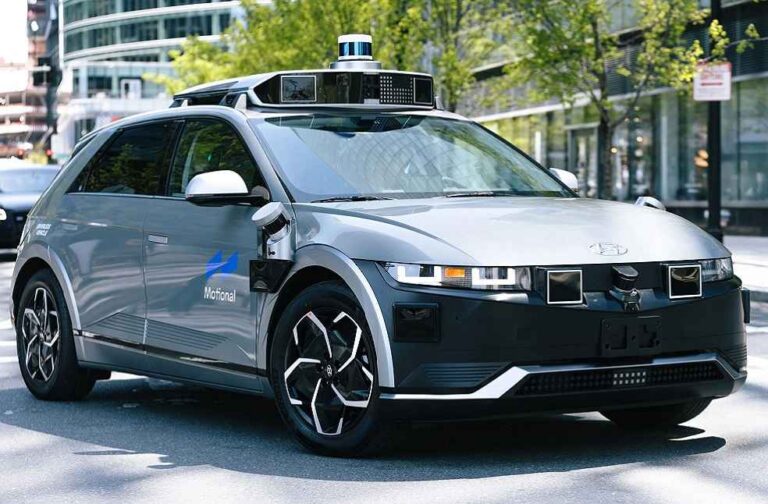South Korea plans to launch a Level 3 autonomous vehicle. Auto industry experts have long believed that South Korea, a powerhouse of automobile technology innovation, could redefine the paradigm of human-vehicle interaction by 2023. Underlying this belief is the news that is coming out now.
Recent media reports showcase a mid-size SUV, adept with advanced autonomous driving technology, undergoing rigorous testing. The vehicle has the capability to maintain a safe distance from other vehicles, modify its speed within specified limits, and even execute lane changes upon activation of turn signals, all sans human intervention.

Asked about the vehicle’s safety concerns, Kim Beom-jun, an official at Hyundai Motor, assured that the self-driving feature has an automatic disengage function, and that if the driver does not respond to warnings, everything is in place to ensure the safety and peace of passengers and others on the road.
Autonomous driving is this revolution that frees human hands from the wheel. Vehicles incorporating simple ‘driver assistance systems’ are considered Autonomous Level 1. Introducing partial automation that allows the vehicle to control its speed is considered ‘Autonomous Level 2’. When level 3 is reached, it is from that moment that truly autonomous takes place, freeing human hands from the wheel.
Presently, South Korean roads accommodate Level 2 autonomous vehicles. Hyundai plans to break this mold by releasing Level 3 vehicles this year. With this audacious move, the manufacturer assumes immense responsibility, as they could face blame for any mishaps. Developers need to consider a myriad of variables such as weather, time, and traffic situations to ensure optimal performance of their self-driving systems.

Prof. Kim Jin-tae, of the Korea National University of Transportation, advises caution, stating, “The automaker must approach this issue very conservatively.” He emphasizes that manufacturers could be held liable for accidents, even if caused by the slightest flaw in their autonomous systems.
Hyundai isn’t producing vehicles limited to low-speed highway driving, as Honda and Mercedes-Benz have done. Yes, South Korea’s autonomous car is just a precursor to the revolution to come. This drive could set the pace for the future of autonomous driving globally.
OBSERVATION | Domestic Automobile Competition; Mitsubishi to End Production in China





